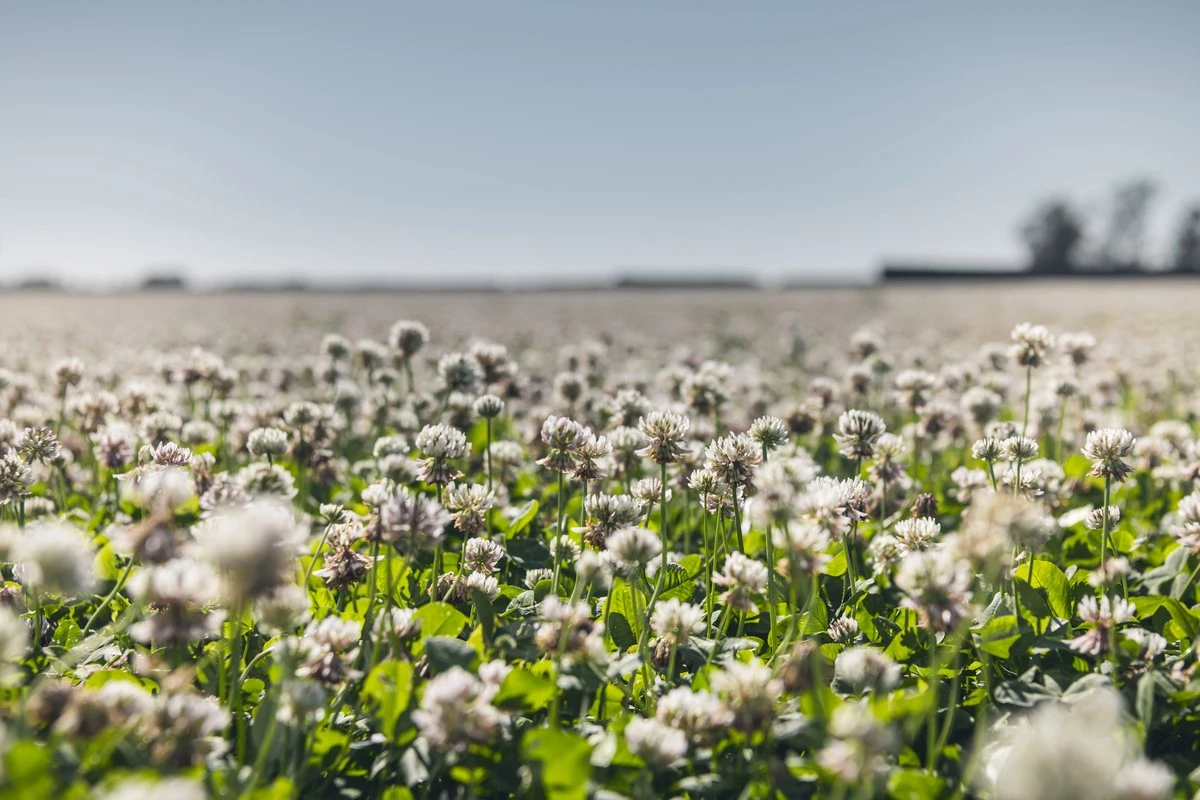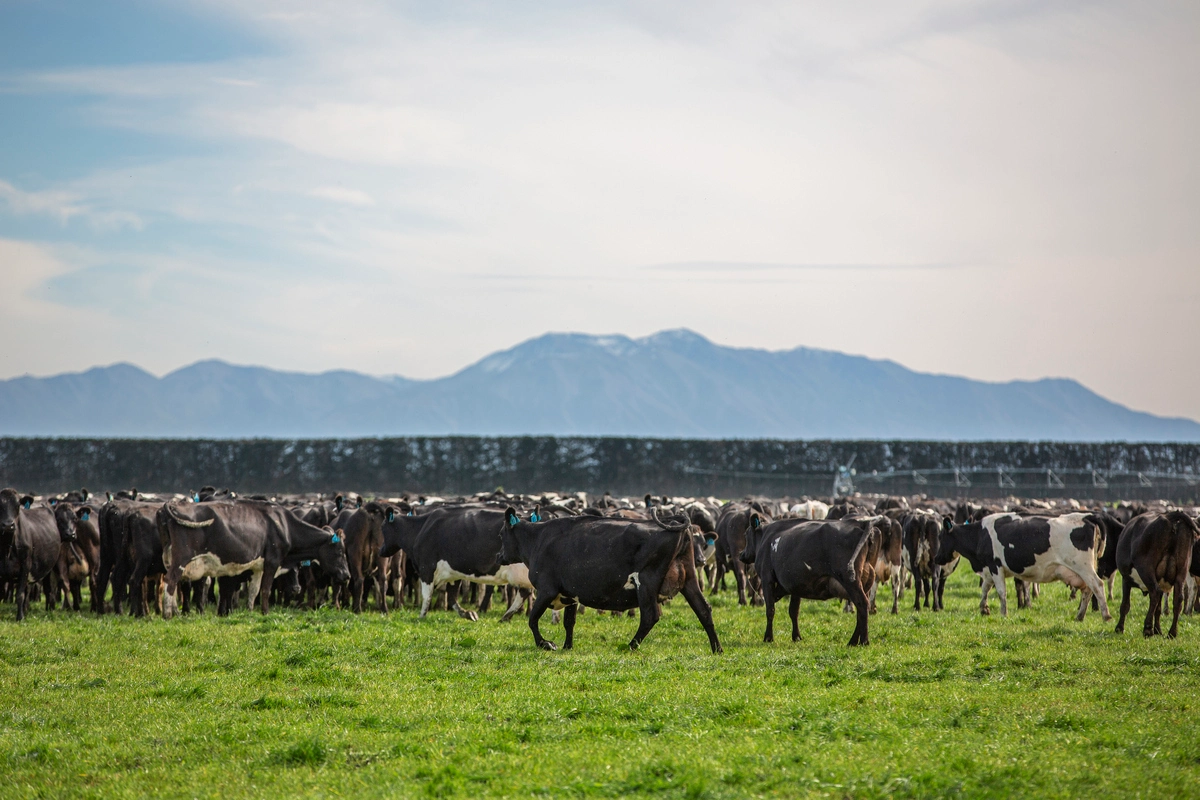In the past 12 months, the New Zealand agricultural sector has faced yet more extreme weather events and increasing temperatures across the country. Not to mention economic challenges – with the rise in fuel prices influencing operating costs and a decline in demand from export markets in 2024. In the face of these challenges, reseeding pasture is a viable option for increasing productivity.
Reseed with quality
While you might be tempted to put off some of your normal seasonal reseeding due to economic concerns, you may be better off prioritising your pasture’s productivity.
In fact, sowing high-quality cultivars like Aber High Sugar Grasses (HSG) and clovers is almost certainly a smarter approach for raising on-farm pasture quality and helping reduce the need for bought-in supplements.
Riding out adverse weather events
New Zealand farmers are no strangers to adversity and communities have rallied together, adapting to the changing climate recently. Weather events in 2023, for instance, have resulted in large areas of land needing to be re-developed.
This makes it timely to introduce Germinal’s grass and clover options, helping to ensure that newly grown pasture is nutritious and capable of boosting livestock production.
In the case of DoubleRoot, this has been bred as a world-first hybrid clover that can persist in environmental extremes – something farmers are placing greater importance on when it comes to their pastures.

Placing greater focus on climate change solutions
Many farmers welcomed the change of government in 2023, in an election where climate change was a hot-button topic for the industry. However, details around the mandatory farm-level reporting on emissions have been delayed until December 2024, and emissions pricing is further delayed until December 2025.
Even so, on the back of these turbulent times, there are some productive proactive steps for mitigating greenhouse gas emissions. One option is reseeding pasture with products from Germinal’s range of climate smart Aber HSG and clovers, which empower farmers to start addressing the problem themselves, even when the political process stalls.
The advantages of reseeding pasture with Aber HSG are numerous and planting these award-winning grasses makes good sense this spring. Fundamentally, Aber HSG are bred with increased water-soluble carbohydrates, boosting their digestibility when compared with standard perennial ryegrass. This helps livestock absorb more energy from pasture and excrete fewer ammonia emissions.
Using Aber HSG to work with the rumen
Another fundamental benefit of Aber HSG is that these cultivars encourage the increased capture of rumen-degradable protein for conversion into microbial protein. This reduces the amount of nitrogen lost in urine, thus lowering greenhouse gas emissions.

Furthermore, the intake of dry matter also increases with a steady supply of microbial protein, resulting in increased milk and meat production with Aber HSG.
Fixing natural nitrogen with clover
Along with the benefits already mentioned, incorporating clover into your spring planting helps support the natural process of nitrogen fixation.
That’s because the clover can feed both itself and companion grasses. So, artificial applications of nitrogen can be reduced once your pasture is established.
Just as importantly, applications of nitrogen can also be targeted to supplement the natural growth of clover, encouraging growth during lag phases when clover may not be actively fixing nitrogen.
Encouraging pasture renewal
Finally, even if you have suffered damaged pastures from adverse climate conditions recently, remember – all is not lost.
Damaged pastures that haven’t recovered can be undersown or oversown with our Aber HSG and clovers to boost your pasture sward density and help establish a quality pasture going into successive seasons. We’ll be happy to help you make that happen.
For more information on reseeding pasture with Germinal cultivars, contact us below.
